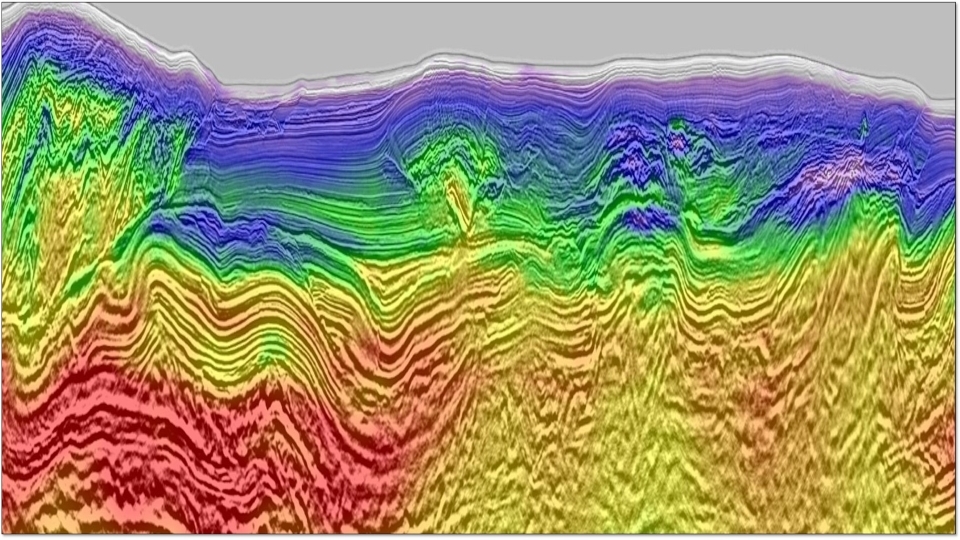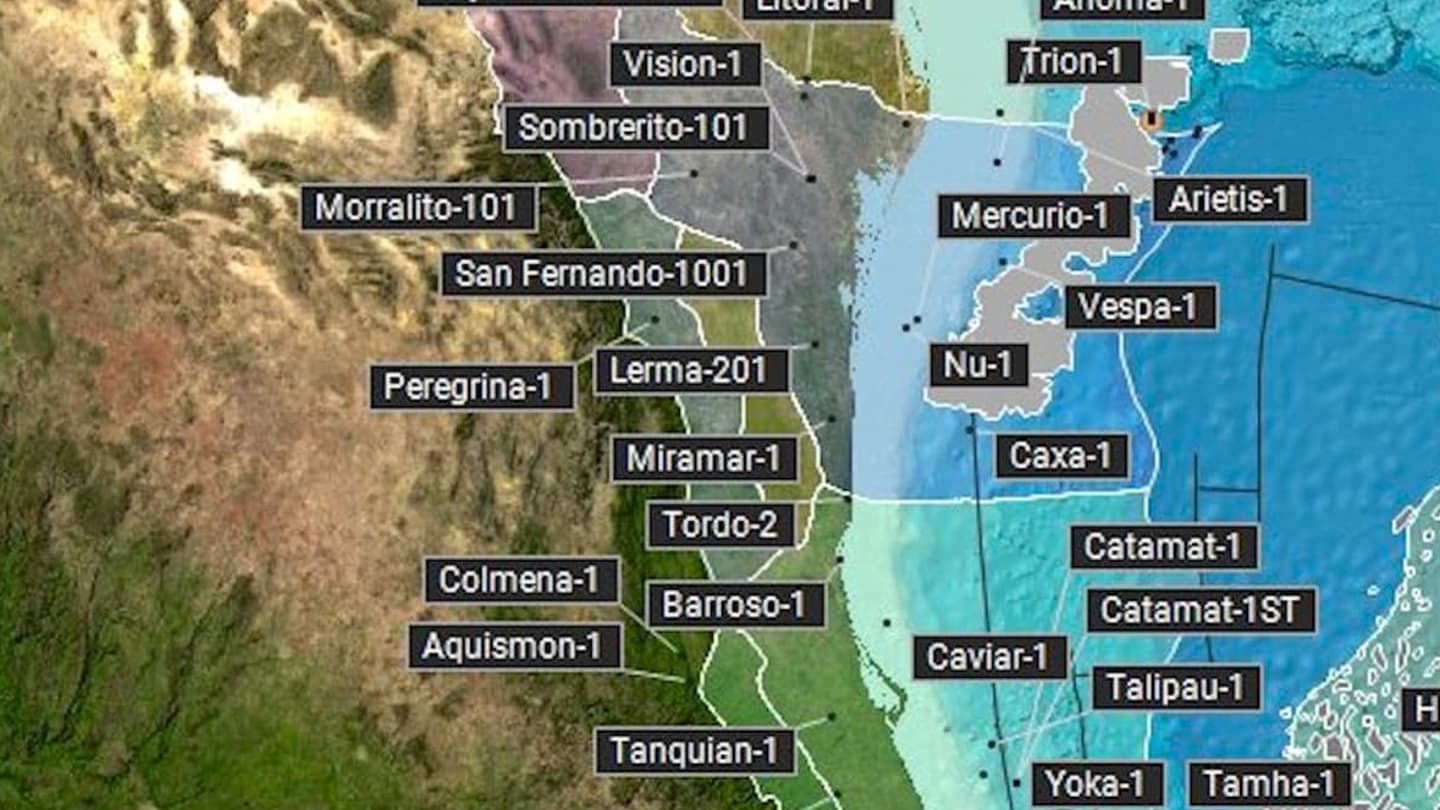Technical Abstract
Optimal Transport FWI with Graph transform: Analysis and Proposal of a Partial Shift Strategy
Back to Technical ContentThe use of graph-space optimal transport within foil-waveform inversion (FWI) has recently been proposed to enhance robustness to cycle-skipping. In this paper, we discuss several features of the graph-space optimal transport FWI, emphasizing in particular its ability to detect time shifts between modelled and observed data and its characteristics in terms of adjoint source (the signal back-propagated from the receiver side during the iterative optimization process). Our analysis is driven by finding an optimal adjoint-source that is robust to cycle-skipping. This leads us to propose an alternative graph-space-inspired scheme called enhanced kinematic transform FWI. Our approach involves a modification of the adjoint-source introducing a partial shift strategy, allowing to highlight the kinematic information. We illustrate the enhanced robustness with respect to cycle-skipping on synthetic and field datasets with comparison to conventional FWI, Kantorovich-Rubinstein optimal transport FWI and graph-space optimal transport FWI.
Download Resource 
Publications
EAGE - European Association of Geoscientists and EngineersAuthors
Felix Kpadonou, Jeremie Messud, Anna Sedova, Mathieu Reinier





